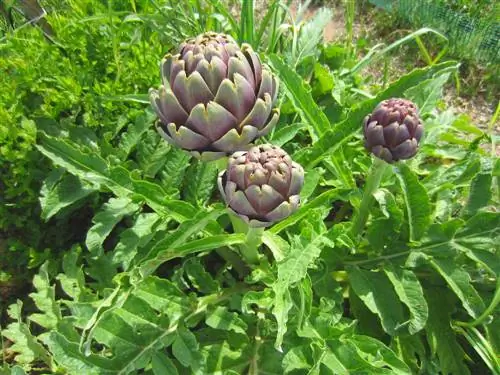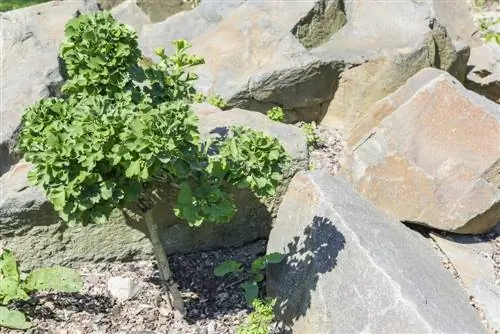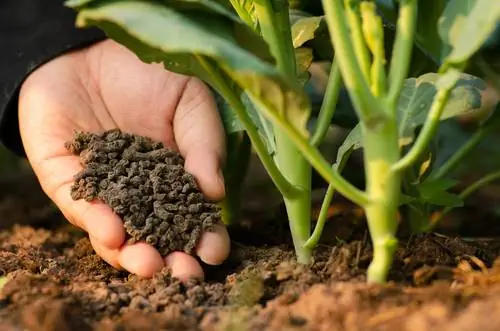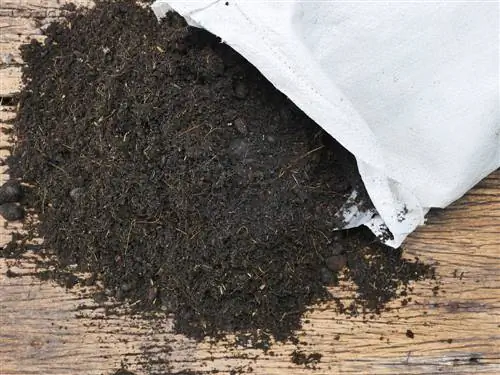- Author admin [email protected].
- Public 2023-12-16 16:46.
- Last modified 2025-01-23 11:22.
The delicious artichokes are steadily gaining a permanent place in the kitchen in Germany too. In addition, the flowers are very he althy. In order for the plants to grow well and produce large flowers, the plants need a lot of nutrients.
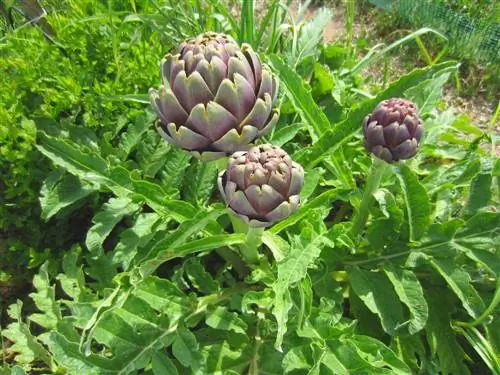
Is the artichoke a heavy feeder?
Artichokesneed a lot of water and nutrients for their growth and are therefore heavy feeders. The good availability of nutrients is important for the plants throughout the entire growth phase in order to produce beautiful flowers.
What nutrients does the artichoke need to grow?
The artichokerequires nitrogen and specific trace elements for its growth and, above all, for the formation of the delicious inflorescences. The right location is a bed where the elements potassium and phosphorus are readily available. Artichokes can also thrive in containers if the plants' nutrient needs are met.
How to fertilize artichokes?
The artichokes are supplied with acombination of long-term fertilizer and regular short-term fertilizer. Plant the artichoke in humus-rich soil with lots of nutrients. Before budding, a mixture of compost and some wood ash is ideal to nourish the plant. During the growing season, nettle manure and horn meal or horn shavings are suitable for growth and flower formation.
Tip
Alternative to horn shavings
If you don't want to use horn shavings, you can also use commercially available vegetable fertilizer. Ecological liquid fertilizers for vegetables are also suitable to provide the artichoke with nutrients. These should be used every 2 weeks for heavy eaters. Do not use mineral fertilizers. These quickly lead to over-fertilization and leaching.

